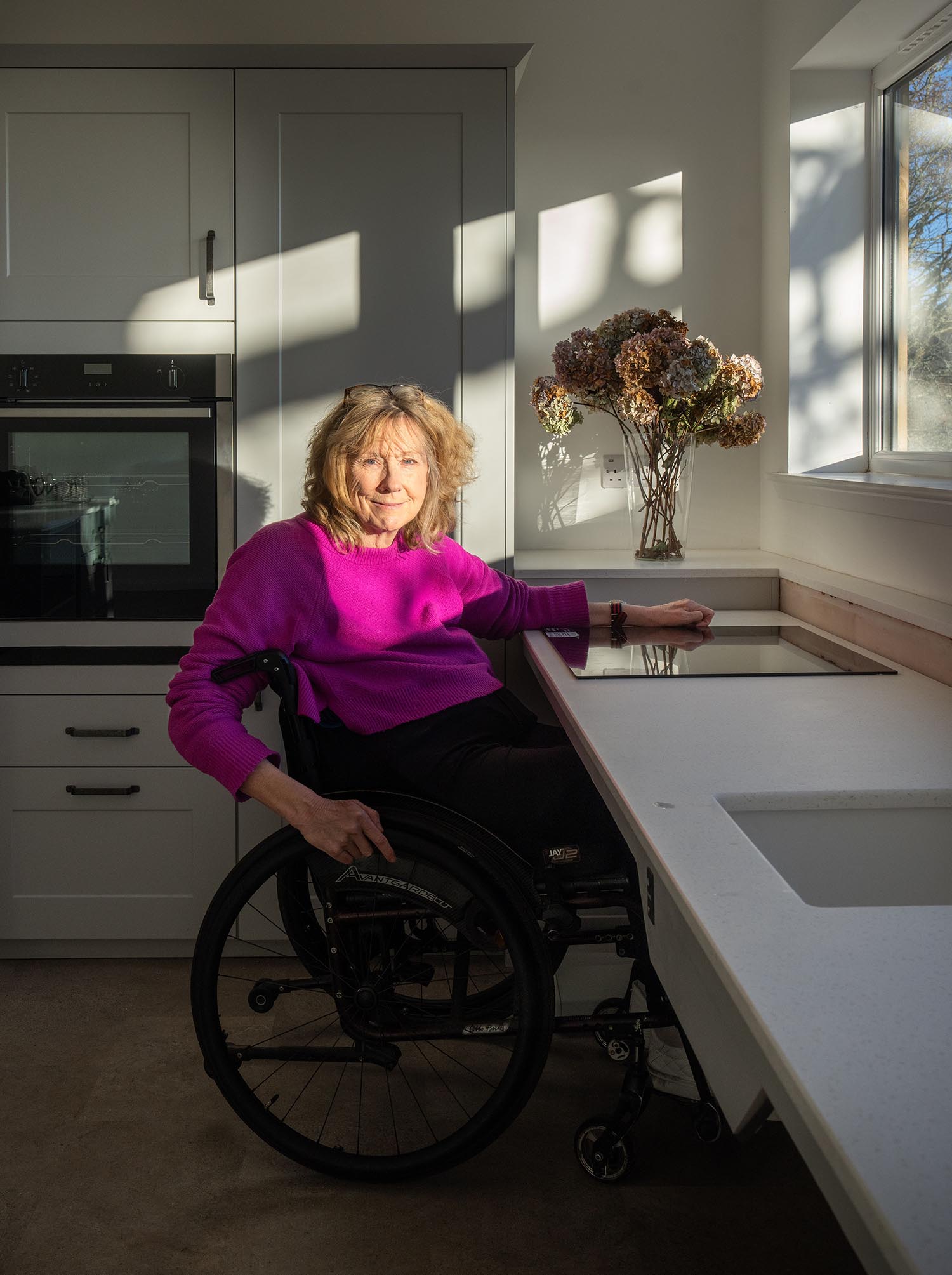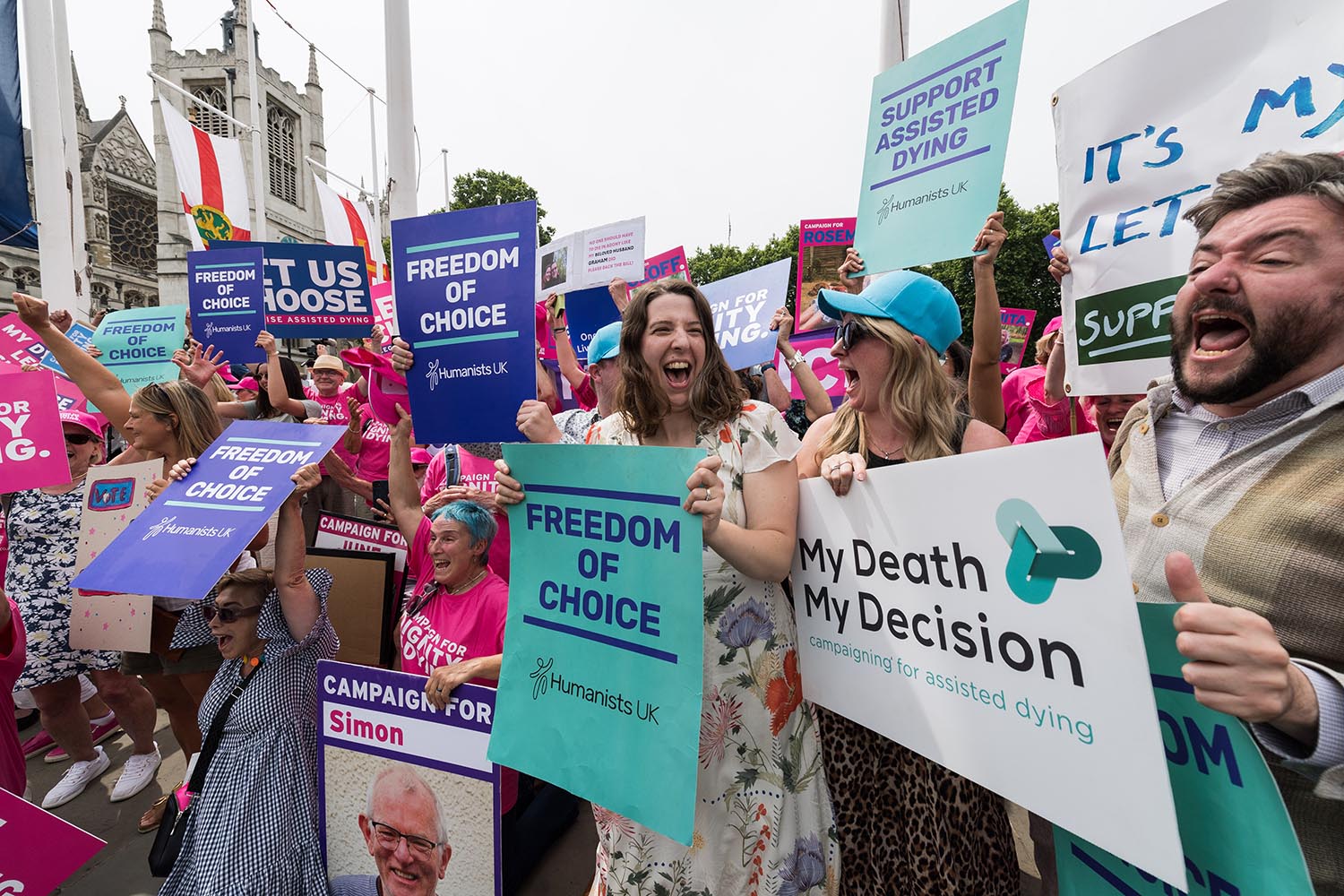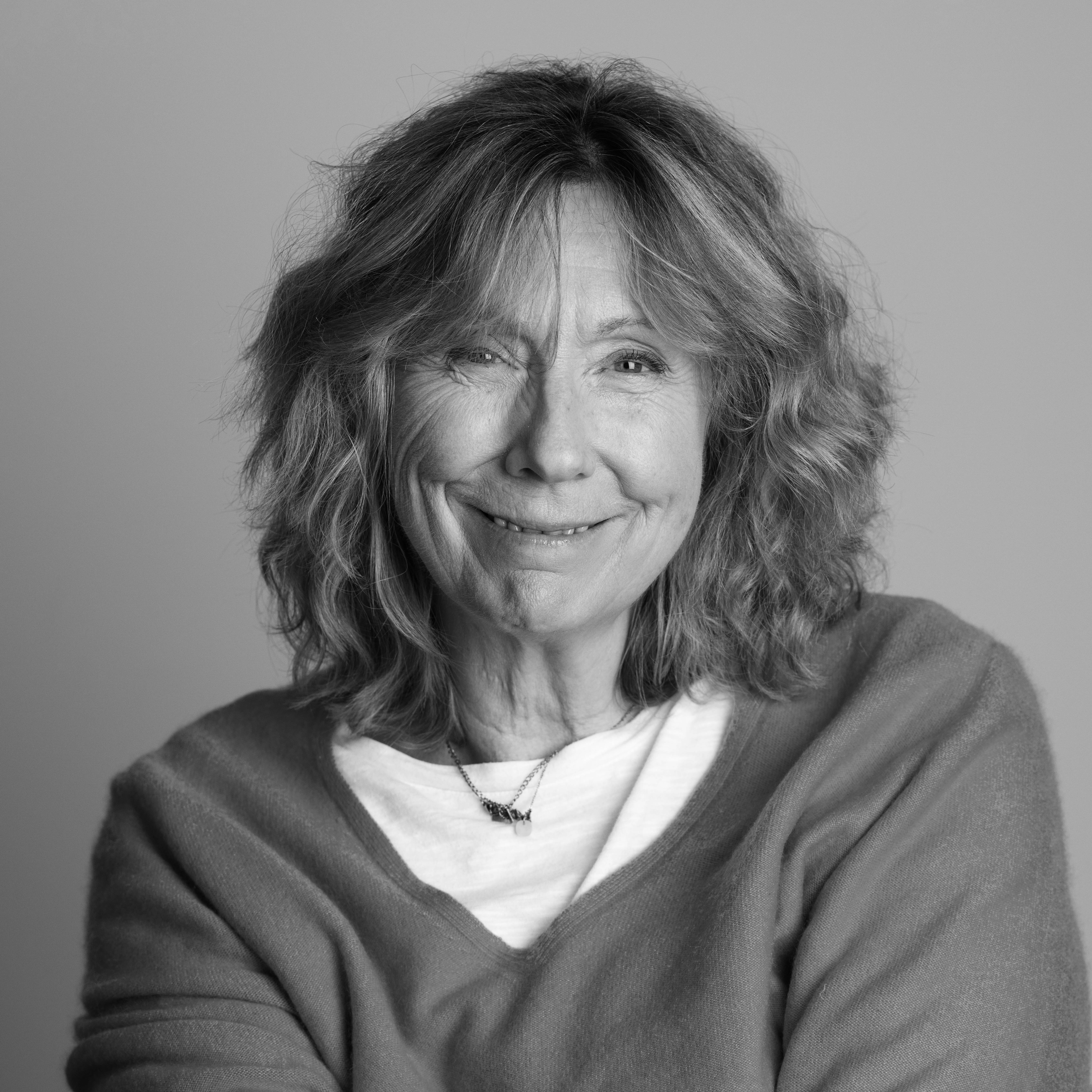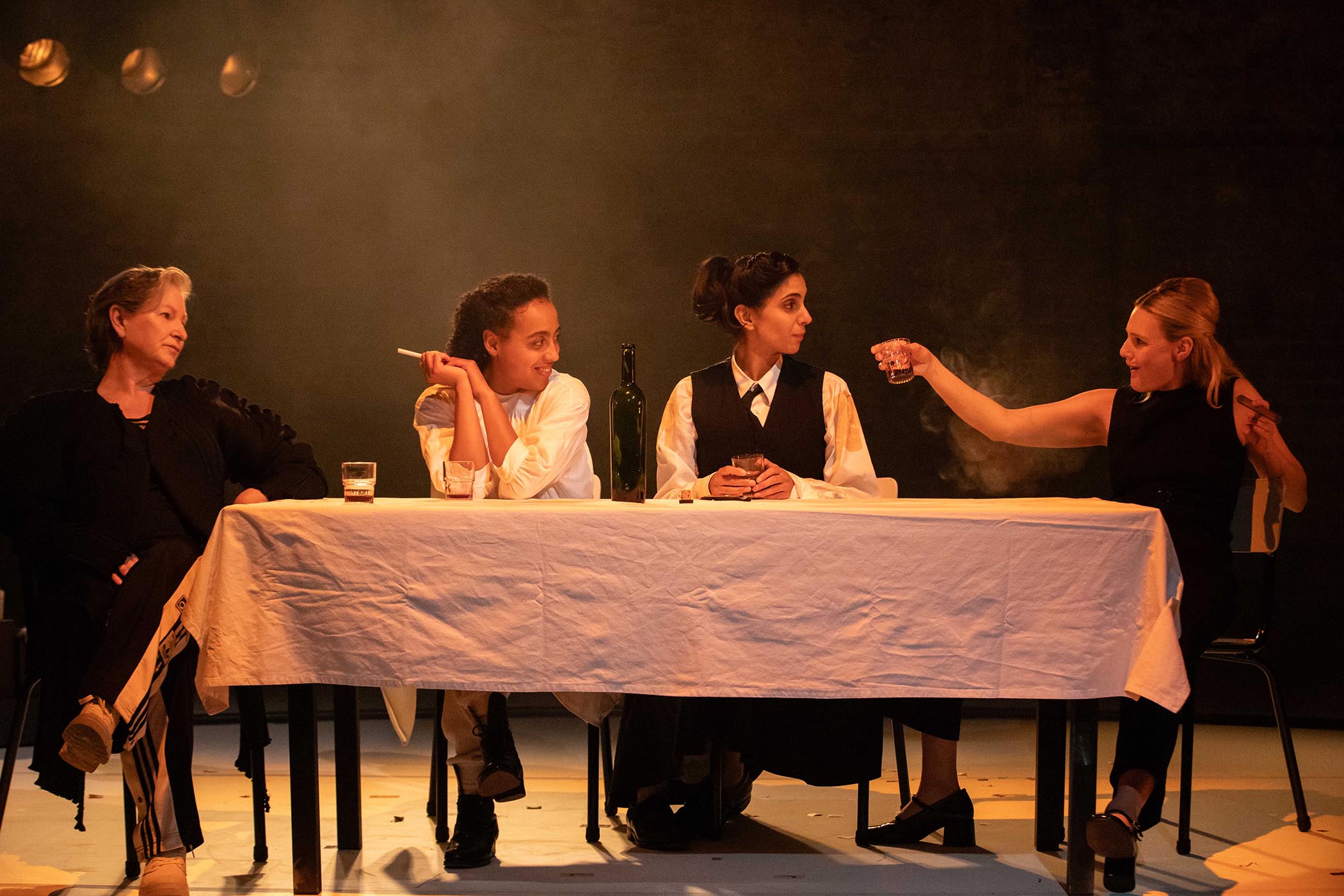At last. How profoundly relieved I am that the bill has finally been passed. How grateful I am to British democracy – with its ancient, creaky, slow-grinding wheels – which after so many days of impassioned debate, after so much often infuriating repetition and amendment, and in the face of propaganda and hostility from much of the media, has finally done the right thing.
People will now have the right not to suffer needlessly.
That is at the core of this change. This bill is about alleviating suffering. It is about shortening death, not removing life. Civilised society strives to keep people healthy and pain free throughout their life, and now that same compassion can be extended right to the very end.
There will be no rush to die. The numbers opting for assisted dying will, I predict, be small. Meanwhile, those of us still very busy living have an option when the time comes. Believe me, the knowledge that we will have choice in the future will allow us to better enjoy the present, to lead a happier and more fulfilled life. Everyone needs to know there’s an escape route.
Democracy, self-determination, human rights, equality for rich or poor – this bill brings all these basic gifts to end of life decisions
For me, the bill has also been about basic self-determination, the right to decide what happens to one’s own body. As a young woman, I fiercely embraced laws which gave women control over their fertility and equality in every sphere. I’ve revelled in those basic human rights throughout my adult life, and it always appalled me that I faced having no such right over my own death. How could this be? In a world drowning in choice and freedoms, I had no option to choose a good death. The most fundamental choice of all, surely.
Related articles:
Though I did, of course – in the sense that, like anyone who could afford it, there was always the option of paying thousands of pounds to go to Switzerland and attend a clinic. But what dreadful injustice – an option denied to the majority of British people, or indeed those too ill to fly. And the public knew it was unfair. Repeatedly, significantly, the majority has been shown to be in favour of assisted dying and parliament to be out of step.

Melanie Reid photographed at her home.
So pause and count the weight of what is good and vital here. Democracy, self-determination, human rights, equality for rich or poor – this bill brings all these basic gifts to end of life decisions. But there’s another thing: it also removes dependency on those who lack the compassion or the imagination to walk a mile in the shoes of others.
As someone abruptly disabled by an accident in middle age, my attitudes to my body are very different from those of someone disabled from birth or in childhood. They understandably cherish what they have much more than I do, and have feared (mistakenly, I firmly believe) that the bill puts them at risk.
But I write on behalf of the much larger numbers of those imprisoned by accident or illness in a body which they do not love, people for whom death will eventually be a very welcome release. We have experienced great suffering. We choose despite this to live as fiercely as any healthy, able-bodied person – but up to now we have dreaded the prospect of yet more bleak, prolonged suffering at the end. We no longer need to. For that I rejoice.
Photographs Wiktor Szymanowicz/Future Publishing via Getty, Ashley Coombes



